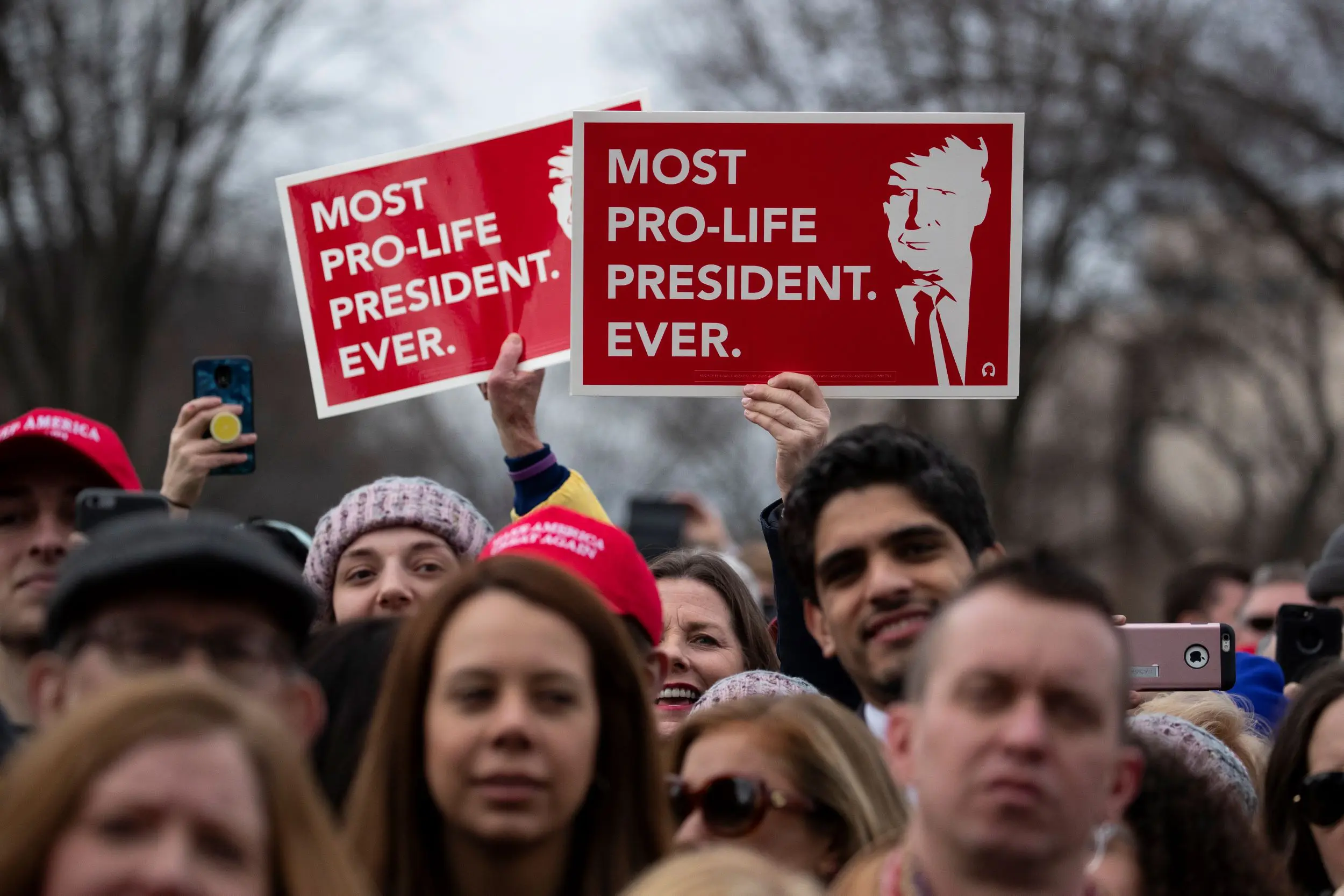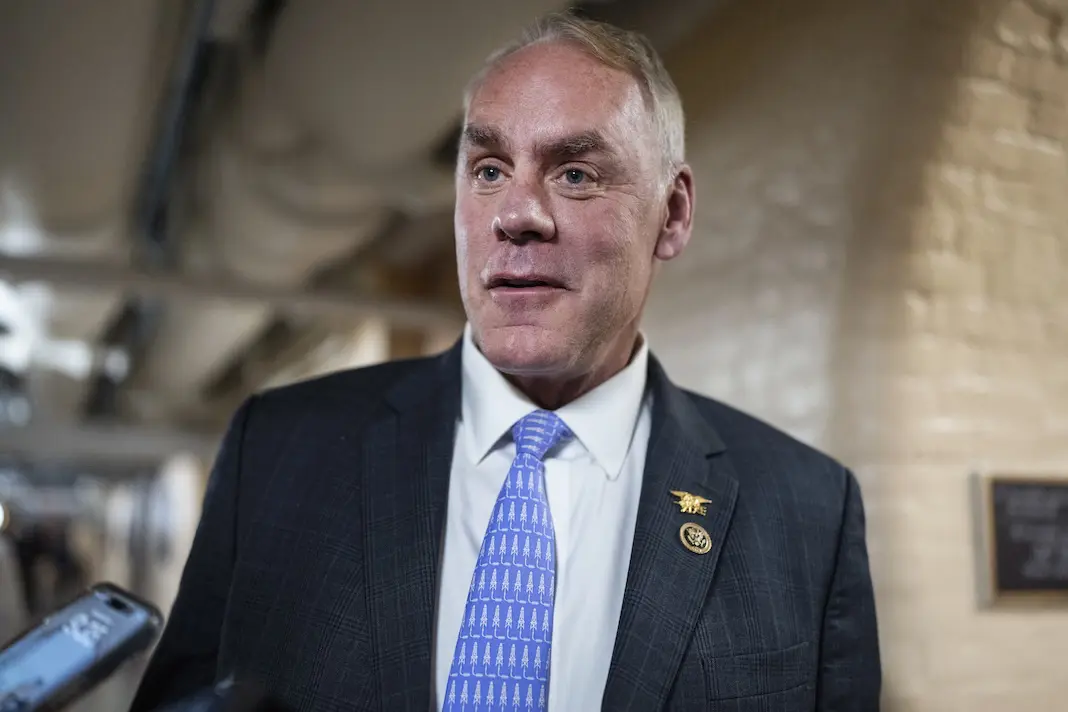National, Politics, Repro Rights
Doug Emhoff aims to get more men involved in the fight for abortion rights

National, Politics, Repro Rights

Elections, National, Politics, Repro Rights

Elections, National, Politics, Repro Rights

Economy, Elections, Health Care, U.S. House



Economy, Politics, U.S. House, U.S. Senate


Elections, Local, Politics, State Legislature